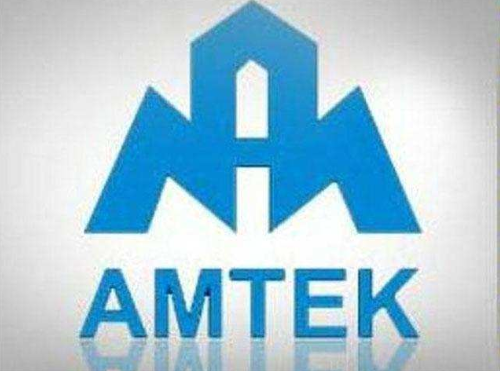
New Delhi: The National Company Law Appellate Tribunal (NCLAT) on Friday ordered liquidation of debt-ridden Amtek Auto as it declined lenders’ request for extension of insolvency resolution process deadline. Amtek Auto was among the first list of 12 companies which were referred by the RBI in 2017 to respective banks for initiation of insolvency process for defaults.
UK-based Liberty House was selected as the highest bidder by the committee of creditors (CoC) of Amtek Auto. However, it later backed out citing some reasons following which the lenders requested 90 days more time to find a new buyer.
A three-member bench headed by Chairperson Justice S J Mukhopadhaya directed the Chandigarh bench of the National Company Law Tribunal (NCLT) to pass an order of liquidation as 270 days mandated under IBC for finalising a resolution plan have already lapsed.
“We are neither inclined to give any direction as was sought for by the CoC nor to exclude any period calling for fresh Resolution Plan,” NCLAT said in an order Friday.
It further said,”more than 270 days having passed, the Adjudicating Authority (NCLT) will pass appropriate order of liquidation, which will be in accordance with law.”
The Insolvency and Bankruptcy Code (IBC) mandates completion of insolvency process within 180 days with an extension of 90 days, failing which liquidation has to be initiated against the corporate debtor.
NCLAT also observed that there was no extraordinary situation in the resolution process of Amtek Auto to exclude 90 days period.
“In absence of any extraordinary situation and the fact that more than 270 days have already passed, we find no ground to exclude any period,” it said adding “once a plan is approved by the NCLT under Section 31, if it is not implemented, that cannot be a ground to exclude any period.”
NCLAT also observed that the CoC could request NCLT for considering a pending resolution plan or to call for a fresh one only if the earlier resolution plan is approved within the stipulated deadline.
Corporate Insolvency Resolution Process of Amtek Auto was initiated on July 24, 2017 by NCLT and lenders of the company had selected the resolution plans by two firms – UK-based Liberty House Group Pte Ltd, and Deccan Value Investors LP.
Later, Deccan Value Investors withdrew from the race and a revised plan of Liberty House was selected by the CoC on April 2, 2018 with 94.20 per cent votes.
However, Liberty House backed out from the race and even refused to furnish the performance guarantee and other terms and conditions which were approved.
Following this, the CoC encashed Liberty House’s Rs 50 crore Bid Bond Guarantee and requested NCLT to grant another 90 days to the resolution professional (RP) to make another attempt for a fresh process and to debar the UK-based firm.
NCLT said there was no scope for going beyond 270 days and starting the process to publish re-advertisement and invite fresh plans etc would defeat the IBC, which mandates time-bound resolution.
Meanwhile, Liberty House informed NCLT that it had found discrepancies in the condition of machineries, valuations and representations made in the Information Memorandum and found it to be incorrect, false and reflecting inflated values.
Liberty House Group alleged that RP was to provide Information Memorandum with the relevant information, including the liquidation value of Amtek Auto.
It further contended that investment of Amtek Auto was overvalued in the liquidation reports and it wanted to submit fresh plan after coming to know about discrepancies.
However, NCLT rejected all pleas, following which all parties approached the appellate tribunal — NCLAT, which also declined to extend the deadline.
Over contentions by Liberty House for non-compliance of its offer for Amtek Auto, NCLAT said it “cannot be deliberated by this Appellate Tribunal” as the grounds shown by it were “genuine or it attracts punishment”.
It has given liberty to RP and CoC of Amtek Auto to move an application before NCLT “to decide as to whether the matter is required to be referred to the Insolvency and Bankruptcy Board of India or the central government for taking any action.”